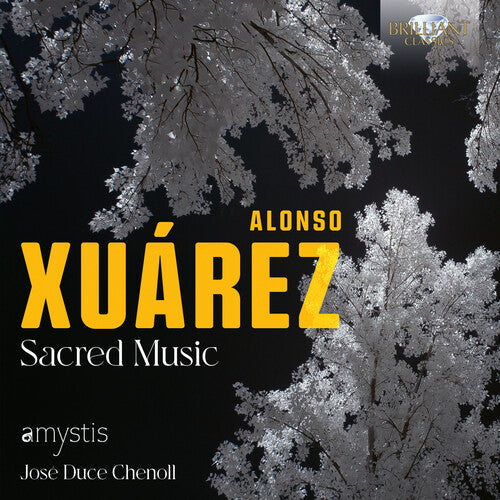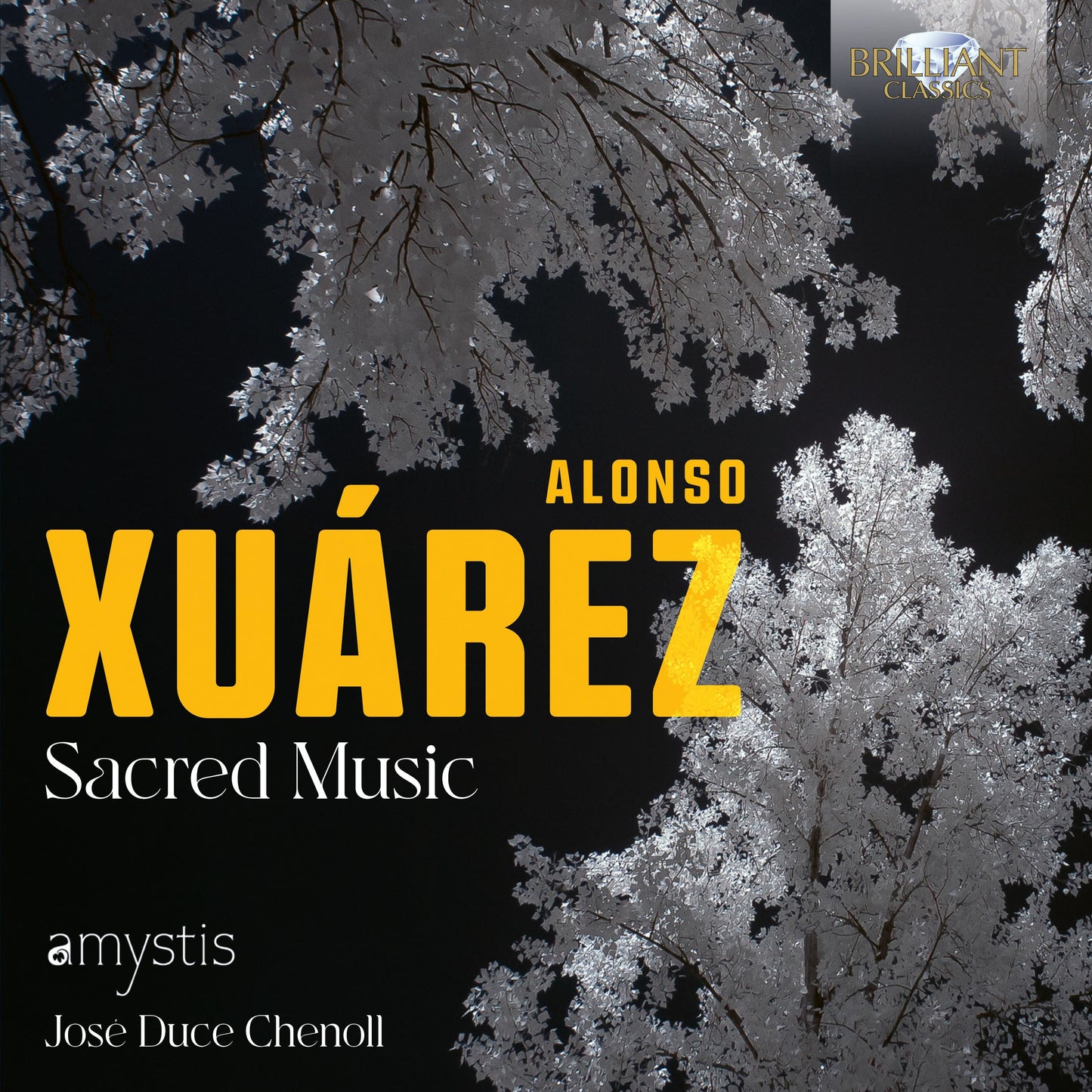Xuares: Sacred Music
Xuares: Sacred Music
Couldn't load pickup availability
World premiere recordings of sacred music by a forgotten master of the Spanish Baroque. As maestro de capilla (Capellmeister/Music director) of the choir and music of the cathedrals in Seville and Cuenca, Alonso Xuárez (1640-1696) made valuable contributions to Spanish polychoral literature which have, as yet, barely been recognised beyond academic circles. This album of new recordings begins to bring his name to a wider audience with a selection of pieces discovered in the archives of Cuenca Cathedral, edited for performance and recorded by an ensemble with extensive experience in the field of the Spanish Baroque. The resulting portrait of Xuárez reveals a remarkably individual figure, pushing the boundaries of form and harmony for his time but always beautifully conceived for the rich forces at his disposal. Little is known of Xuárez’s early life and formation. His father probably educated him in music, at least until he became a pupil of Tomás Micieces in the late 1650s. By 1664, his talents were sufficiently developed as to be worthy of the post of music director in Cuenca. He appears to have retained some influence over the musical organization there once he moved to Seville in 1675, and then returned to Cuenca in 1684. His surviving work, as represented here, embodies the Spanish polychoral style of the time, blending Italianate counterpoint with spectacular antiphonal writing conceived for multiple ensembles to fill the space of the cathedral. The Missa surge propera is written for a rich, seven-voice texture, and the motets are even more ambitious, exploiting the colours and effects made available by eight and even nine separate parts. The performances recorded here follow the style of the time in making use of instrumental accompaniment – not just organ but viola da gamba and harp. This is a superb addition to the distinguished Brilliant Classics discography of Amystis, which has already attracted international praise for its adventurous repertoire and polished performances. ‘Chenoll has an endearing way of letting his singers express the music with a natural flow free of effects.’ (Fanfare – Comes, 95231). ‘An original and enlightening album.’ (Fanfare – ‘Masters of the Spanish Renaissance, 96409).
Share


Product Description:
-
Release Date: October 27, 2023
-
UPC: 5028421969541
-
Catalog Number: BRI96954
-
Label: Brilliant Classics
-
Number of Discs: 1
-
Composer: Alonso Xuares
-
Performer: Amystis


